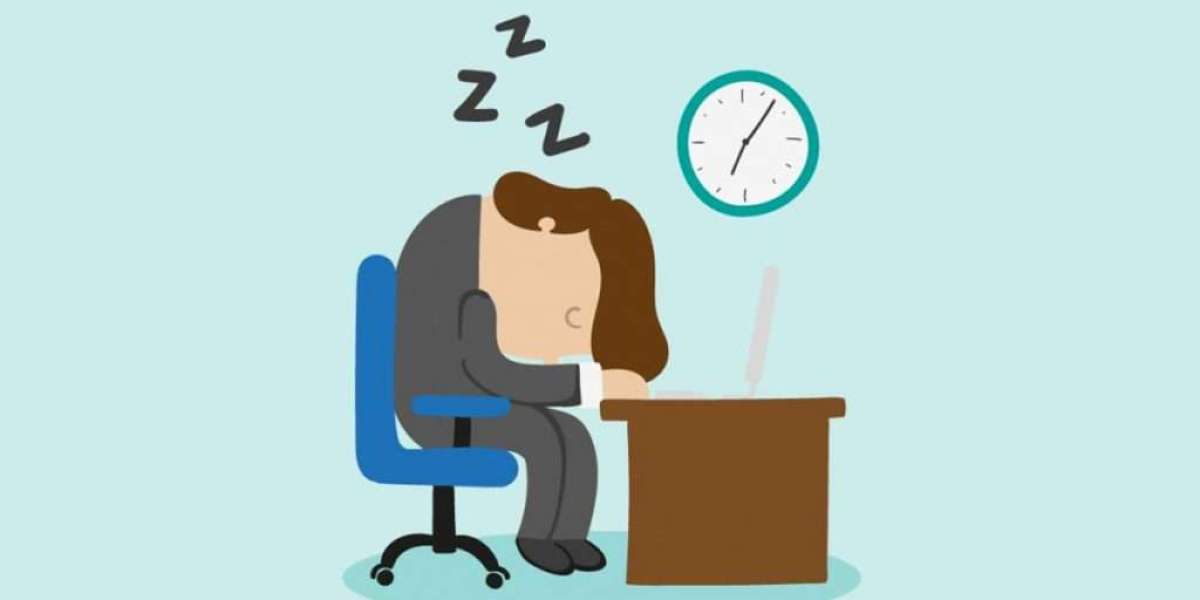Living with narcolepsy presents a unique set of challenges that can significantly impact various aspects of an individual's life. From navigating sudden sleep attacks to managing relationships and pursuing career goals, individuals with narcolepsy often face daily hurdles that require understanding and strategies for coping. This article delves into the complexities of living with narcolepsy, exploring the causes, symptoms, and the profound effects it can have on relationships, work, mental health, and overall well-being. By shedding light on the challenges and offering practical coping mechanisms, this article aims to provide insights and support for those navigating life with narcolepsy.
Understanding Narcolepsy: Causes and Symptoms
Definition and Overview of Narcolepsy
Narcolepsy is like a sleep disorder with a rebellious streak—it throws unexpected sleep parties your brain can't seem to control. People with narcolepsy experience excessive daytime sleepiness, sleep attacks, and disruptions in the sleep-wake cycle.
Potential Causes of Narcolepsy
Scientists are sleuthing to uncover the exact cause of narcolepsy, but it seems like the immune system may have pulled a prank, mistakenly attacking the cells that produce orexin, a neurotransmitter crucial for regulating wakefulness.
Common Symptoms and Diagnostic Criteria
Imagine feeling like you're constantly running on fumes—fatigue, sleep attacks, sudden muscle weakness, hallucinations, and disrupted nighttime sleep are all part of the narcolepsy club. To officially join, you'll need a sleep study and multiple tests to meet the diagnostic criteria, but hey, at least it's not a pop quiz.
Daily Challenges of Living with Narcolepsy
Sleepiness and Fatigue Management
Managing narcolepsy is like juggling with a sleep-deprived clown nose on—it's a balancing act of finding the right nap schedule, caffeine intake, and medication to keep the sleepiness monster at bay.
Navigating Unexpected Sleep Attacks
Picture this: you're mid-conversation, sharing a riveting story, and suddenly your brain shouts, "It's nap o'clock!" Dealing with sudden sleep attacks requires a sense of humor and a strategic escape plan, like knowing the nearest cozy spot to crash for a quick snooze.
Struggles with Concentration and Memory
Trying to concentrate with narcolepsy is like herding cats—your brain might wander off mid-sentence, leaving you feeling like you've lost your train of thought in a labyrinth. Memory lapses and cognitive fog become your frenemies, but with some creative coping strategies, you can outsmart them.
Impact on Relationships and Social Life
Communication with Family and Friends
Explaining narcolepsy to loved ones can be like describing the plot of a weird dream—it requires patience, empathy, and a sprinkle of humor. Open communication about your condition helps in creating understanding and support from your social circle.
Social Stigma and Misconceptions
Navigating the social landscape with narcolepsy can feel like tiptoeing through a minefield of misconceptions—people may joke about falling asleep standing up or assume you're just lazy. Educating others about narcolepsy and advocating for yourself can help dispel myths and break down stigma.
Maintaining Healthy Relationships
Balancing relationships with narcolepsy is a bit like tending a delicate garden—you need to nurture communication, set boundaries, and prioritize self-care. Surrounding yourself with understanding and supportive individuals can make a world of difference in managing the ups and downs of narcolepsy.
Coping Strategies and Treatment Options
Medication and Therapy Approaches
Narcolepsy management often involves a cocktail of medications to regulate sleep-wake cycles and boost alertness. Therapy approaches like cognitive behavioral therapy can help address underlying issues like anxiety or depression that may impact your condition.
Lifestyle Changes for Narcolepsy Management
Embracing lifestyle changes is like giving narcolepsy a taste of its own medicine—you can wield power over your condition by establishi








